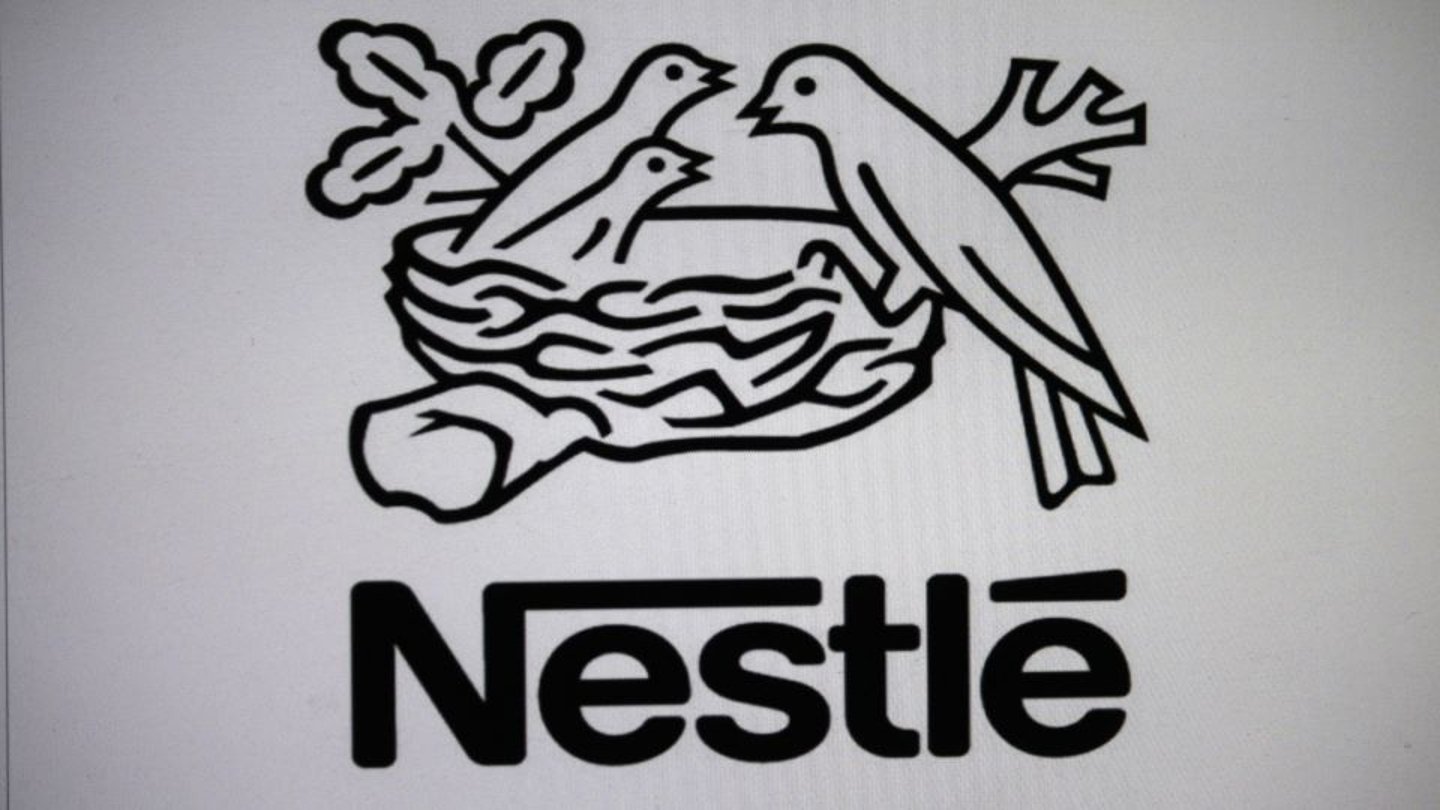Personalization Through Consumer Analytics: Nestle’s Data-Driven Digital Investments See Success
Nestlé continues on its track to create value through consumer analytics, leveraging data-driven transformation capabilities it invested in several years ago within its e-commerce efforts and now seeing substantial progress.
According to the company’s recently published annual review, sales in e-commerce space grew by 9.2% last year, accounting for 15.8% of total group sales. The company reports it is on track to achieve 25% by 2025.
These efforts have progressed since 2021, when the company said it was looking to double its consumer data records over the next four years, capturing valuable consumer data points to deliver personalized experiences.
According to the company, quick access to actionable data is the key to understanding rapidly-shifting consumer needs and optimizing demand-generating resources. By tapping into end-to-end analytics and technology like artificial intelligence, Nestlé has been able to optimize its sales prices and promotional activity while keeping consumer demand high.
This is where marketing plays a significant role for the company. In 2021, Nestlé said its online marketing investment spend would increase to 70% by 2025 — up from around 47%. Recent investments show the company continues to double down on this strategy.
For example, Nestlé is investing in proprietary solutions on a global scale, recently creating a data science hub in Bangalore that allows the company to track ROI on its channel investments in real-time. Additionally, across digital media spend, the company is tapping AI to track, and enhance the relevancy of more than 500,000 digital assets per year, already seeing up to 66% in return on ad spend across Meta platforms, Facebook, and Instagram.
These tactics build on Nestlé’s initial plan to leverage consumer data across personalization efforts like precision marketing within its brand campaigns, content and product targeting, and direct engagement to increase lifetime values.
An End-to-End Approach
While customer analytics remains at the core of Nestlé’s digital transformation, the company has also invested in other areas to deploy innovative technology across the entire value chain.
For example, Nestlé has implemented advanced operational planning tech to elevate demand sensing and production scheduling to more efficiently react to consumer insights. Nestlé’s accelerated rollout hopes to have an impact on 80% of its entire business by 2025.
Across the supply chain, the company is also using AI, as well as digital twins, to “reconfigure” its networks, reducing energy and water consumption and elevating delivery quality. Core technologies already implemented at more than 275 factories in 60 countries are providing the company with necessary data and predictive analytics to navigate murky waters. An example is Nestlé’s digitally enabled control towers, which manage more than 16,000 trucks daily and lead to improved cost efficiency, resilience, and responsiveness.
- A Deeper Look at Nestlé’s Digital Strategies
Nestlé is piloting VR in product development, experimenting with technologies that will enable them to create and quickly test product prototypes across the metaverse and Web3. Learn more.
A new 3D tech solution will help Nestlé partners optimize their store shelving and reach more customers. The pet care company will now use the integrated solution to offer customers more personalized assortment options. Learn more.
Last year, Nestlé USA invested $675 million to build a high-tech beverage facility in Glendale, Arizona, to produce creamers for its Coffee mate, Coffee mate natural bliss, and Starbucks brands. Read more.






